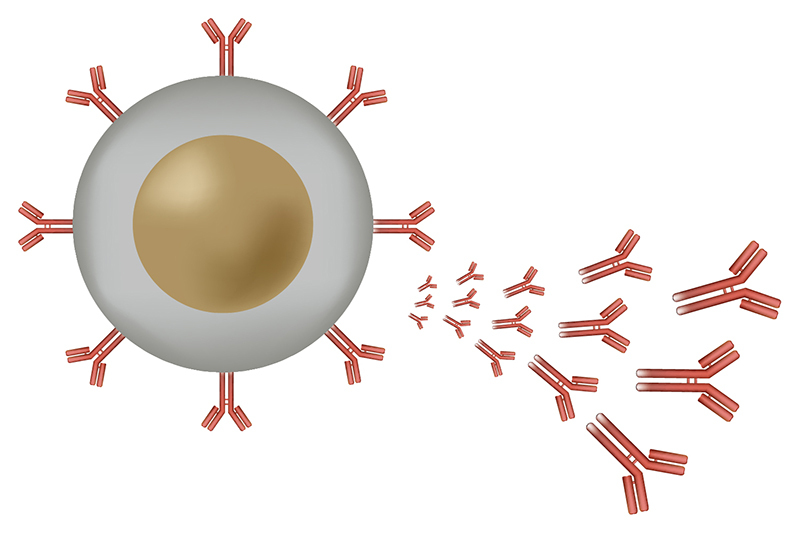 A research team at the Penn Medicine medical center of the University of Pennsylvania together with Novartis Institutes for Bio Medical Research recently designed a new clinical trial for glioblastoma after demonstrating the safety and effectivity of a cell therapy approach in animal models. The study entitled: “Rational development and characterization of humanized anti–EGFR variant III chimeric antigen receptor T cells for glioblastoma” was published on February 23, 2015 in Science Translational Medicine.
A research team at the Penn Medicine medical center of the University of Pennsylvania together with Novartis Institutes for Bio Medical Research recently designed a new clinical trial for glioblastoma after demonstrating the safety and effectivity of a cell therapy approach in animal models. The study entitled: “Rational development and characterization of humanized anti–EGFR variant III chimeric antigen receptor T cells for glioblastoma” was published on February 23, 2015 in Science Translational Medicine.
More than 22,000 Americans are diagnosed with glioblastoma each year. Glioblastoma is a very aggressive brain tumor difficult to treat by conventional therapies. Current treatments for glioblastoma patients include excision of the abnormal tissue, chemotherapy with temozolomide and radiation. None of them are curative and patients have a very poor prognosis.
In this study, researchers developed an immunotherapeutic approach to modify patient’s immune cells (T cells) to target specific alterations in tumor cells. Researchers used animal models to validate the use of T cells engineered to express a chimeric antigen receptor (CAR) able to control human glioblastoma cells.
In 30% of diagnosed patients, glioblastomas expressed a mutated form of a growth factor receptor (epidermal growth factor receptor variant III, EGFRvIII), correlating with more aggressive forms of tumors, which are consequently less responsive to standard therapies. The team selected a specific antibody that would only bind to this mutated form in tumor cells and not on normal cells. The team found that these modified T cells controlled tumor growth in several mouse models of glioblastoma.
These findings enabled researchers to design a phase 1 clinical study in subjects with mutated glioblastoma cells, during which patients’ blood T cells were removed and genetically engineered ex vivo and then injected back into patients’ bodies where they were expected to exclusively target glioblastoma cells.
The new trial is expected to enroll 12 adult patients with tumors expressing EGFRvIII, which will include 6 relapsed patients with a previous history of other therapies and 6 newly diagnosed patients with 1 cm or more of tumor tissue remaining after excision surgery.
For more information on the glioblastoma trial, visit clinicaltrials.gov.


